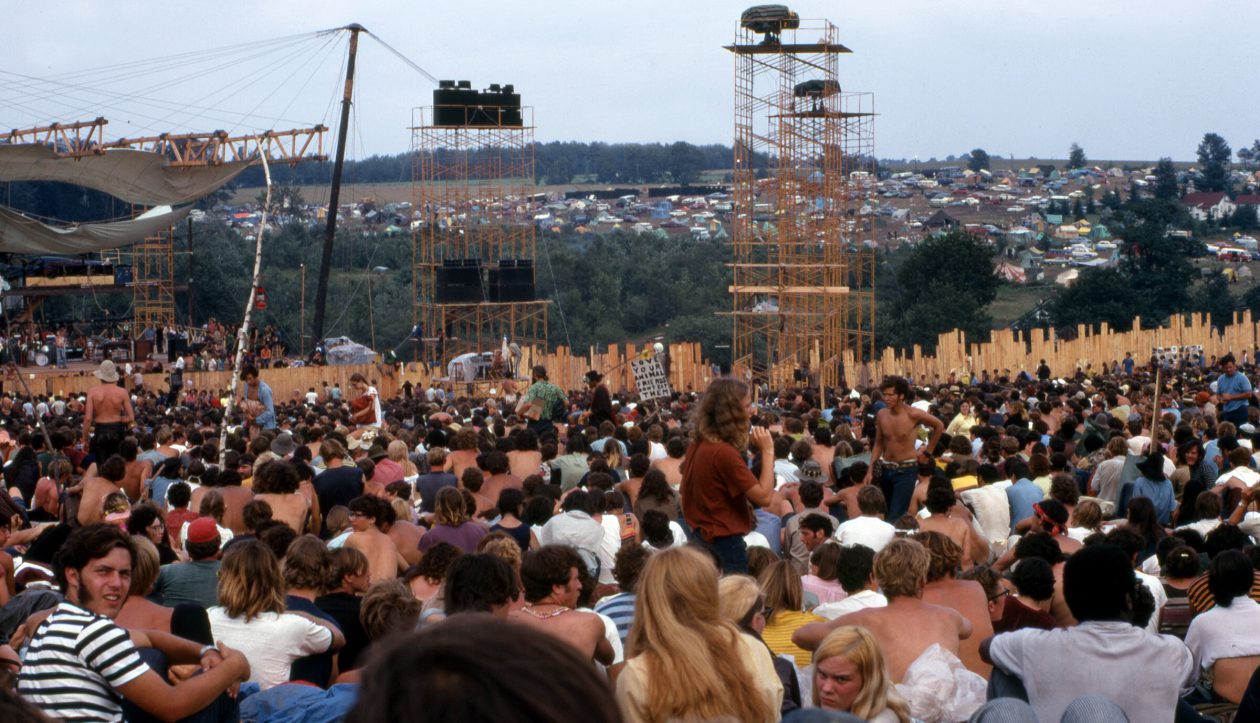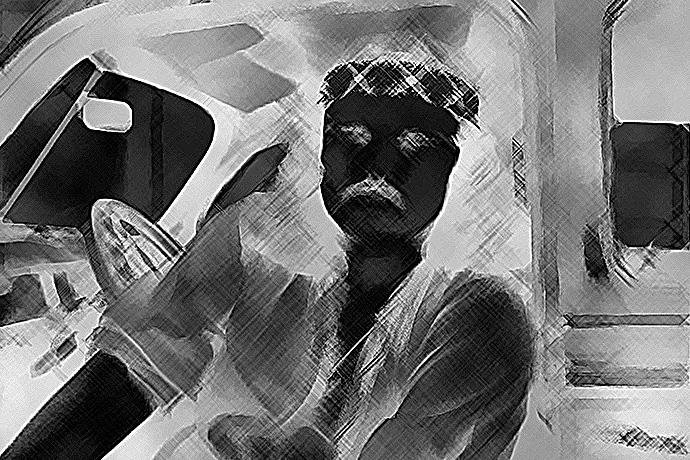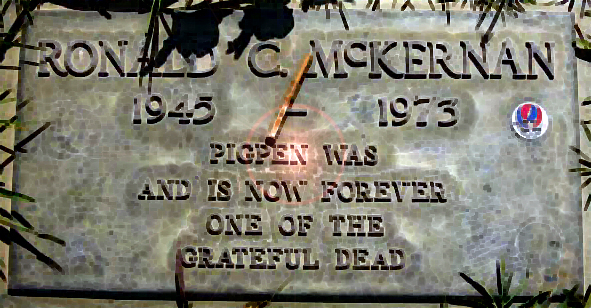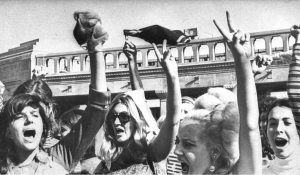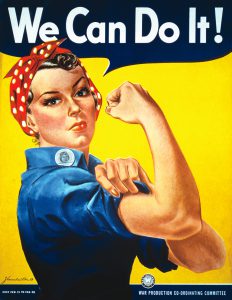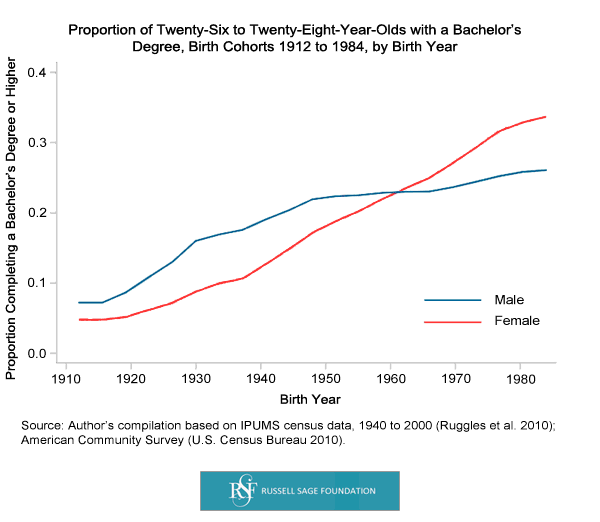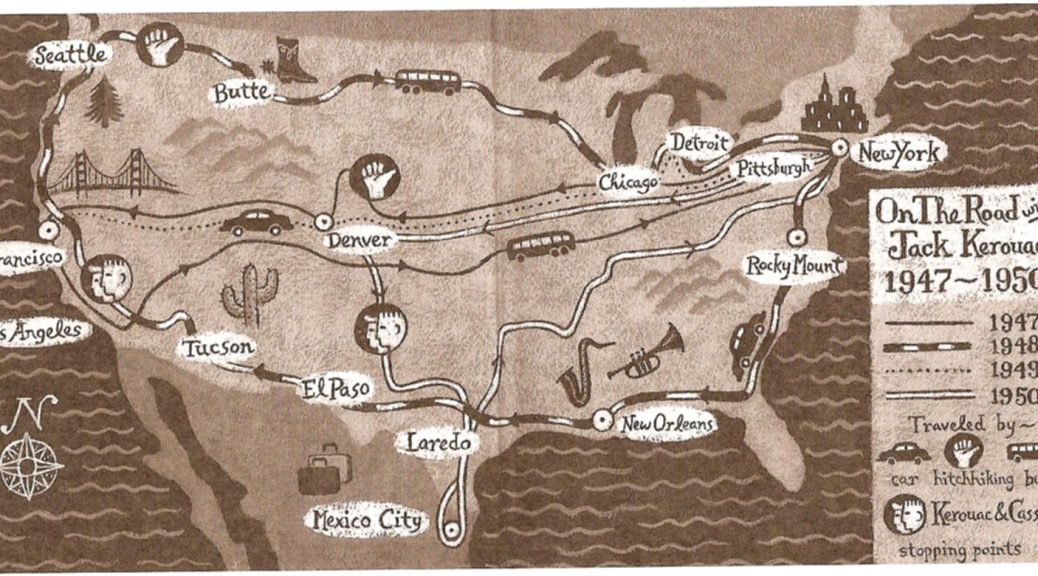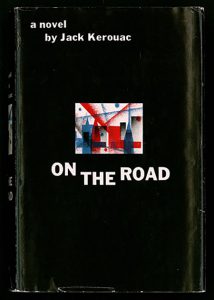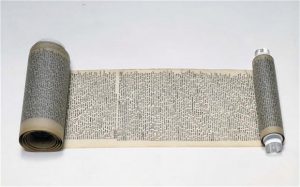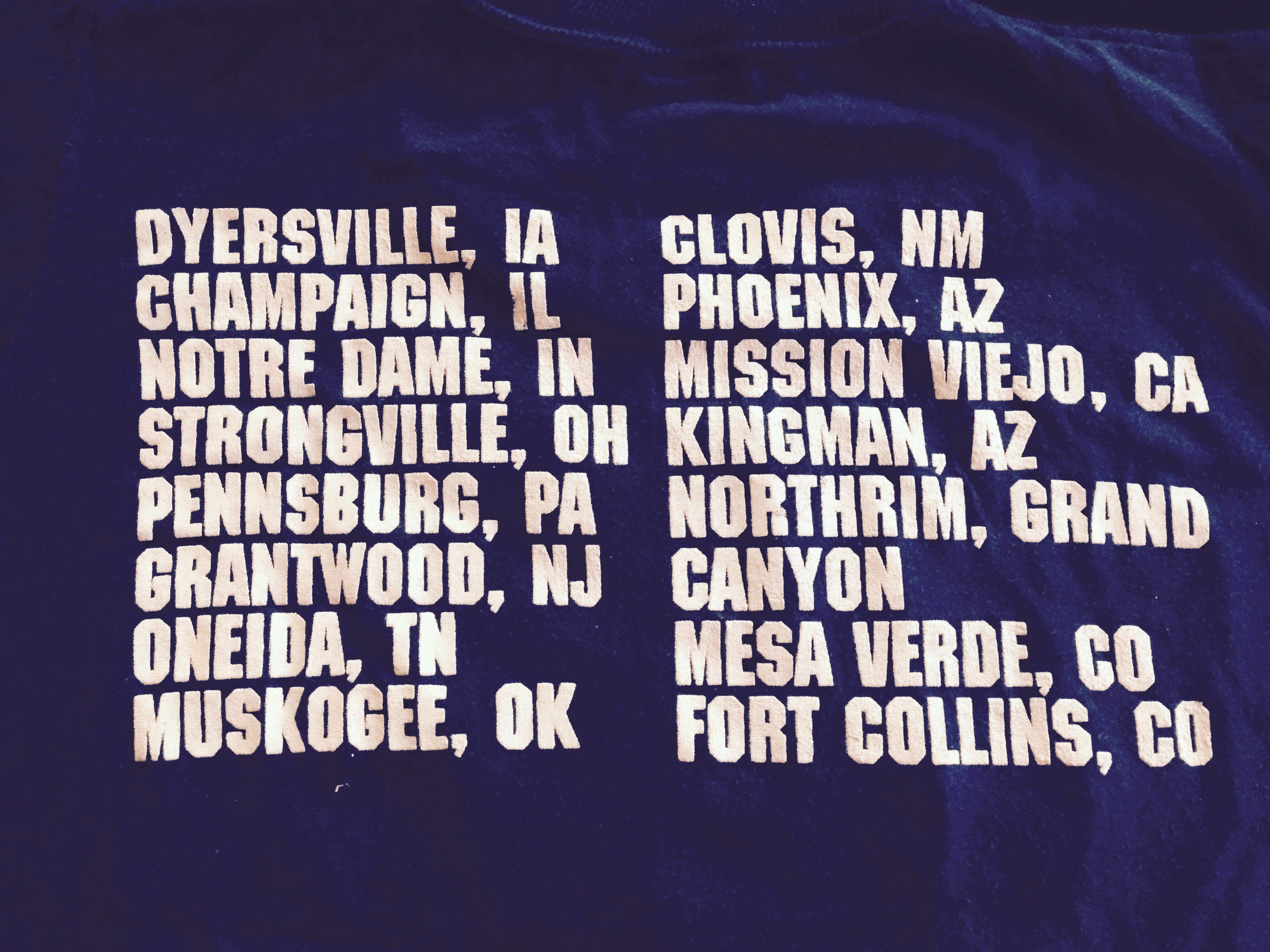Grateful Dead Ron Pigpen McKernan
September 8, 1945 – March 8, 1973
“Bring Me My Shotgun” @ Family Dog At The Great Highway, San Francisco, CA, April 18, 1970
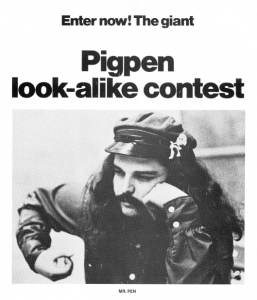
Grateful Dead Ron Pigpen McKernan
Blues roots
The Grateful Dead with Pigpen were a different band than without. Of course, the Dead went through several personnel and style changes over its time. The Dead themselves were not always the instigators of those changes. The blues-based approach Pigpen brought to the band gave it much more a rock and roll feel than any of the band’s other incarnations.
Unlike most other of the young musicians of the 1960s, Pigpen came to the blues mainly through his father. Phil a blues enthusiast himself and a DJ on station KDIA, a black radio station.
Grateful Dead Ron Pigpen McKernan
Self taught
Rod taught himself piano, guitar and harmonica. When he moved with his family to Palo Alto, California he befriended Jerry Garcia. Rod also collected a huge number of blues 78 recordings which also led him to befriend John Fahey and future Canned Heat singer Bob “Bear” Hite.
Along the way Rod McKernan became Pigpen. How depends on who you ask, but answers are many offered lovingly. Pigpen entered Jerry Garcia’s musical orbit and became part of that orbits named permutations: the Zodiacs, Mother McCree’s Uptown Jug Champions, the Warlock, and finally the Grateful Dead.
Perhaps a much an indictment of the other members’ weak vocals as a compliment of his, Pigpen became the Dead’s main vocalist. For fans like me, his renditions of Buddy Holly’s “Not Fade Away” or his half-hour plus “Turn On Your Love Light” will always be his songs.
Beverages not blotters
Unlike the other members of the group, Pigpen’s drug choice was alcohol. That choice also endeared him to Janis Joplin who preferred beverages to blotters.
As the Dead moved into more extended jams that relied less on keyboards, Pigpen’s place in the band diminished, though his reliance on alcohol did not.
Health
Pigpen’s health declined and he had to leave the band to recover. His hiatus was between August and December 1971. For a band that seemed to be always on the road, he missed many shows.
Health issues again forced him to leave the band. His last show with them was on June 17, 1972, at the Hollywood Bowl, in Los Angeles.
On March 8, 1973, aged 27 he was found dead of a gastrointestinal hemorrhage. A sad addition to the 27 Club.
Next time you have 33 minutes and 41 seconds, give Pigpen a listen (again).
